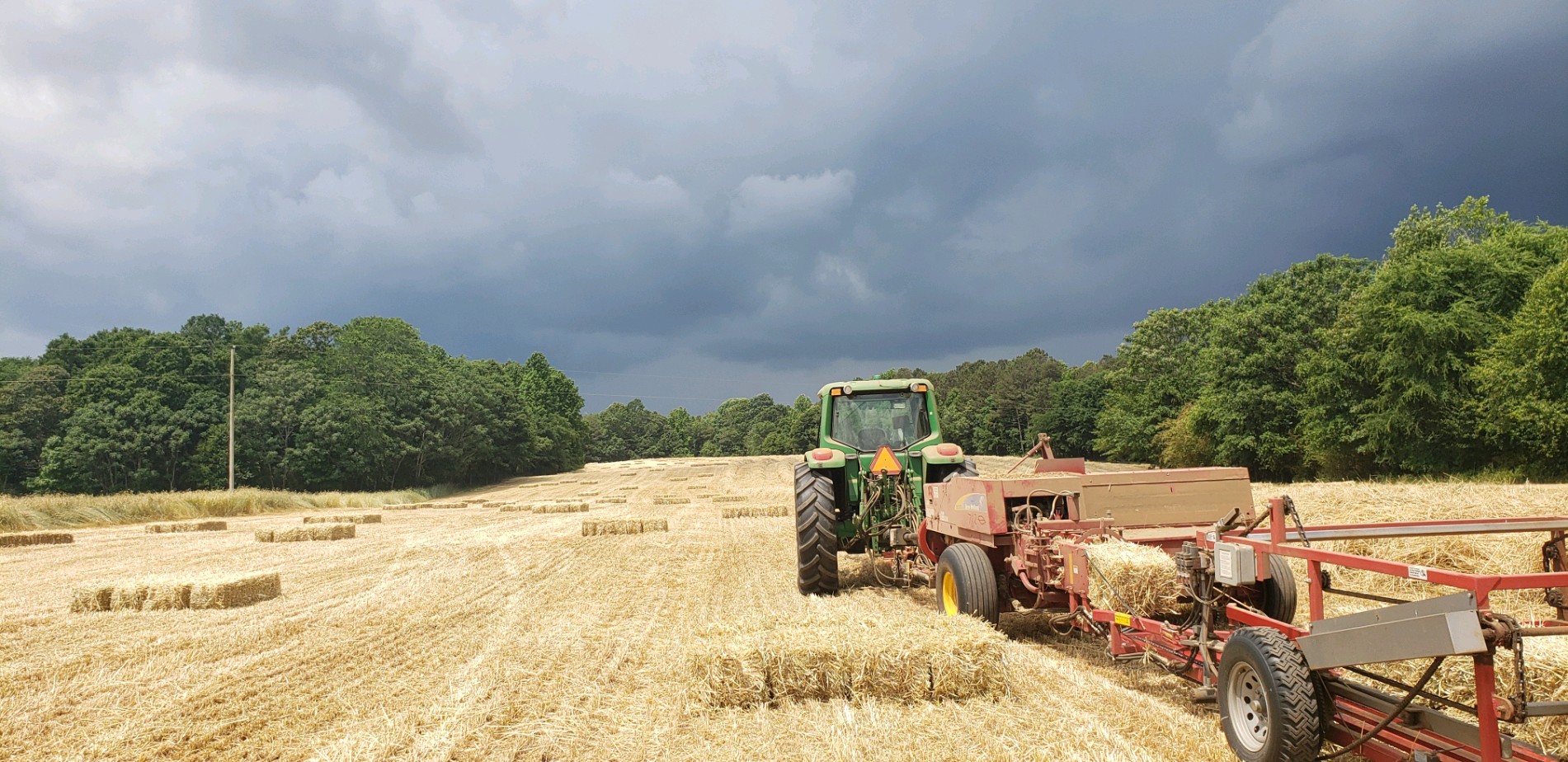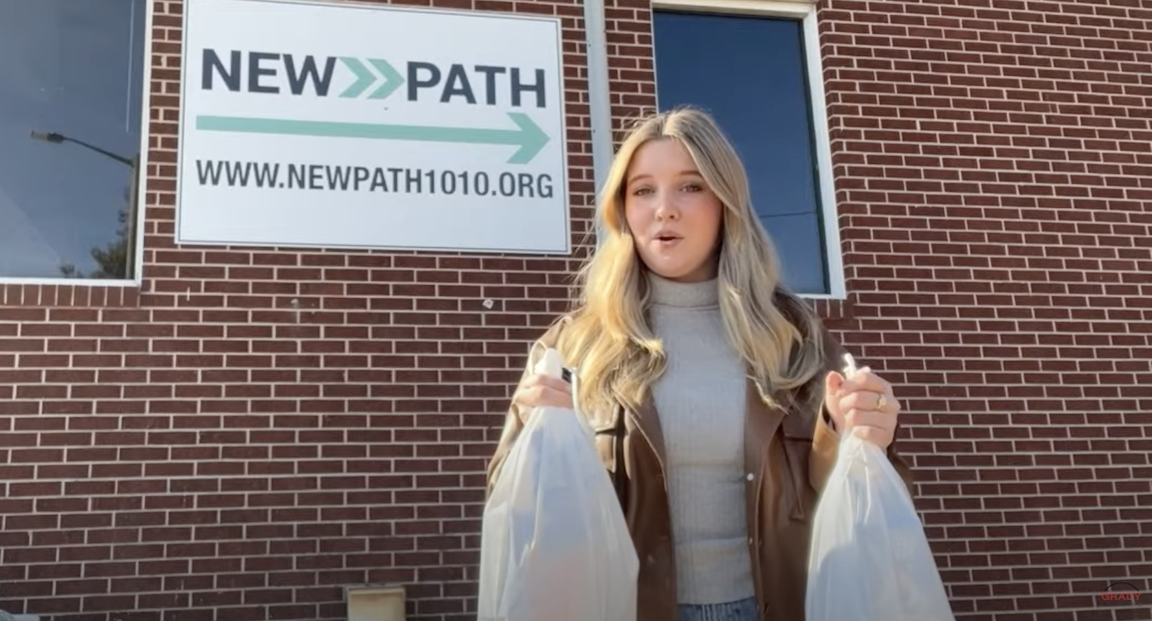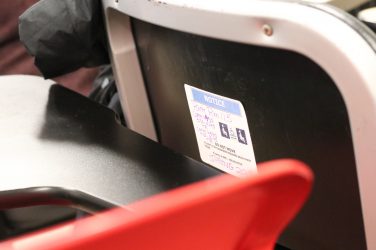The past year has brought numerous challenges for the nation’s industries, two of the most impactful being record-high inflation and labor shortages. An industry tightly tied to Georgia’s economy that has felt the strain — the agriculture industry.
The labor shortages have arisen in the past few years and industries such as food service and hospitality have struggled to retain workers.
Why It’s Newsworthy: The state’s agriculture industry plays a significant role in the economy but has recently had to adapt to a slew of challenges, the hardest being high inflation and labor shortages.Ali Merk, who helps run Merk Farms in Commerce, Georgia, with her husband Phillip Merk, said labor shortages have hit farmers hard.
“Agriculture as a whole has had a tremendous issue in the last decade or so finding people that are willing to work. If we had an endless budget, I don’t even know that we could find folks just because as a whole, folks don’t know how hard it is to work on a farm,” Merk said.
Merk Farms sells fresh beef, seasonal vegetables as well as mulch, hay and straw for erosion control, which helps manage the deterioration of soil from water or wind.
Merk said that while having workers may be useful, the cost of a worker outweighs the benefit. Merk Farms has had to bring in expensive technology to mitigate the issue, many of which rely on diesel to run, which along with petroleum prices, have skyrocketed in the past year.
“Our biggest challenge by far is the cost of inputs. Everything is tied to petroleum. And so when the expense of gas or the expense of diesel goes up, then we have to harbor that expense,” Merk said. “Diesel is nearly twice what it was.”
Merk said they use off-road diesel, which refers to diesel sold to farms, industrial and construction vehicles that do not travel on public roadways. It is not taxed and thus, generally offered at a lower rate than on-road diesel sold at gas stations. But Merk said despite their use of off-road diesel, it is still a huge expense.
Inflation At Its Worst
Inflation is currently at 8.2%, given the most recent report from the U.S. Inflation Calculator. The 2021 annual inflation rate was 7%, and from 2012-2021, inflation rates have been no higher than 2.3%.
But shifting to electric farm equipment to not rely on diesel is out of the question for the farm, Merk said. The cost of the equipment itself, which would need to replace four tractors at the farm is too high. Merk also believes that the current Georgia power grid would not be able to support the tractors and allow an efficient farming system.
University of Georgia agricultural and applied economics professor Benjamin Campbell also echoed this, saying that labor shortages and inflation, which have affected input costs, have hurt farms across the board.
“When you look at local farmers, they’re gonna have generally higher economies of scale, that’s an issue with respect to, if the price of all goods go up, [consumers are] gonna be less willing to pay more for something local that has a higher cost,” Campbell said.
Campbell said that local farms have had to be more adaptive, and relied less on methods of selling such as farmer’s markets, to cut costs where possible.
Kasie Oliver of O5 Farms in Jefferson, Georgia, said the blueberry farm hasn’t sold at the farmers market in-person due to the time-consuming and tedious nature of handpicking blueberries.
They instead rely on the “honor system” and ask customers to pay for what they take without Oliver having to be there. Merk also said they have a produce truck at their farmer’s market that relies on the same system but prefers to sell directly from the farm, which eliminates the “middle-man” costs.
While O5 Farms, which also operates as a photo venue with their sunflower field and as a petting zoo, is more of a hobby than their livelihood, they too have felt the impact of rising prices from inflation, Oliver said.

“We have felt the ripple effect of inflation. Our operating costs have gone up a little bit,” Oliver said.
Everything from the price of fertilizer to purchase fees to animals to animal feed has risen, many doubling, according to Oliver. The adaptation has been hard because the farm does not want to increase costs and affect customers, Oliver said, but it has been unavoidable.
They have raised the cost of blueberries by $1 in an attempt to offset the increased cost and now struggle with the thought of Venmo, the last free payment service, ridding this feature.
“Our customers love that we accept a variety of payment options, and Venmo is one of those options. And it’s always been a free service. But now they’re going to start charging taxes on whatever income you’ve had through Venmo,” Oliver said, “So I don’t know what that’s gonna look like.”
Looking Ahead and Behind
But despite all the difficulties and challenges that come with being a farmer, both Merk and Oliver said they commit to the industry because of the pride that is passed down through family generations and a love for impacting the community.
Merk said their farm has been in the family for 120 years.
“My family, along with everyone else, especially in recent history, has a difficult time struggling with telling our story without sounding like a pity party, because we are proud people,” Merk said. “But it’s hard work to be a farmer on a good year, let alone on a bad year.”
Similarly, Oliver said farming has been in her husband’s family for six generations.
“We’ve just tried to absorb the cost. We’re not expecting to make a ton of money from this,” Oliver said. “You know, we just really enjoy it. And we like giving back to the community.”
Maddie Brechtel is a senior majoring in journalism.









Show Comments (0)